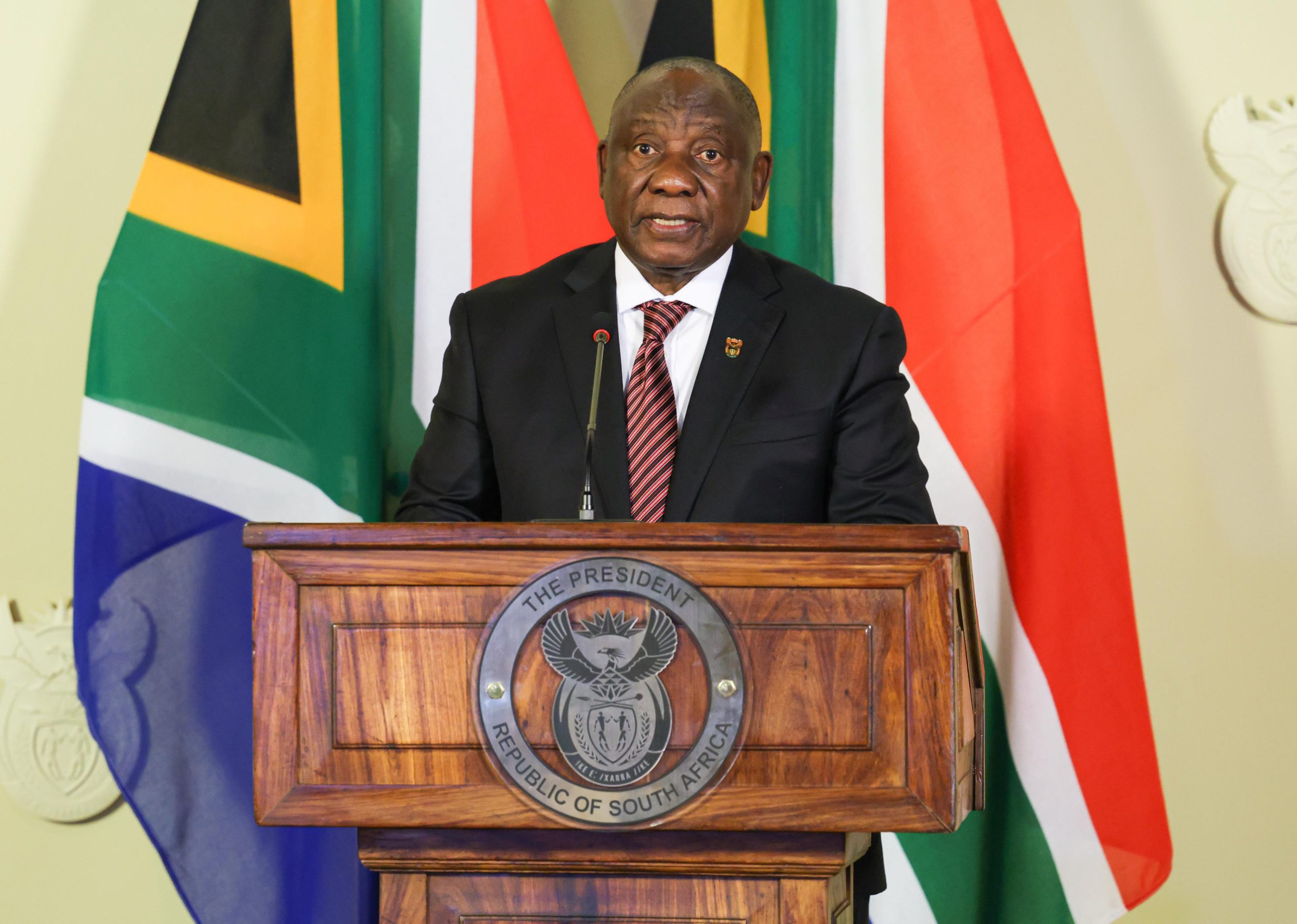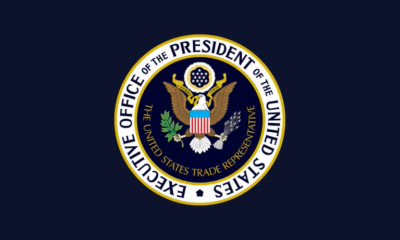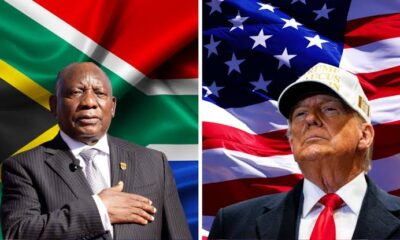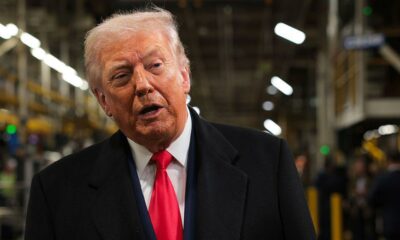News
Pretoria Pushes Back: How South Africa Plans to Shield Jobs from US Tariff Blow

30% duties, thousands of jobs on the line, and a last-minute deal that didn’t land, here’s what’s really going on
As Washington slaps a punishing 30% tariff on key South African exports this week, Pretoria isn’t taking it lying down. In a series of urgent measures unveiled on Monday, the South African government has announced a support package designed to shield local industries and workers from what many are calling an unfair blow.
The plan includes easing competition rules to allow companies to collaborate, unlocking financial support for affected businesses, and finding new markets for vulnerable exports. It’s a high-stakes moment for South Africa’s economy and for the thousands of workers in agriculture and manufacturing who now face an uncertain future.
Why the US Tariff Matters
The new tariff, part of a broader “America First” trade shakeup under President Donald Trump, could cost South Africa tens of thousands of jobs, particularly in citrus, wine, and car manufacturing. Despite months of talks and a bold offer from Pretoria to invest $3.3 billion in the US and buy American liquefied natural gas, the deal was rejected.
That stinging outcome left many wondering if politics, not economics, were at play.
Pretoria’s Emergency Plan: Relief, Not Retreat
Facing mounting pressure from unions, farmers, and business groups, South Africa’s trade and foreign ministers revealed a multi-pronged strategy to cushion the blow:
-
Temporary relaxation of competition laws: A new “block exemption” will allow businesses in affected sectors to coordinate their response, something that’s normally illegal under antitrust rules. This could mean joint distribution plans, shared storage, or even cooperative exports.
-
Financial lifelines: Pretoria is setting up a working capital facility and a plant and equipment support mechanism to help businesses stay afloat.
-
Support for workers: The Unemployment Insurance Fund (UIF) is being lined up to offer faster payouts and expanded coverage for workers displaced by the tariffs.
-
Export support desk: A new helpdesk will connect affected exporters with South African embassies and potential buyers in Asia, the Middle East, and beyond.
A more detailed version of the rescue package is expected after the next Cabinet meeting on Wednesday.
Politics, Policy, and the Big What-If
While some U.S. commentators have linked the tariff decision to South Africa’s affirmative action policies or its genocide case against Israel at the World Court, both issues Trump has openly criticised, Pretoria isn’t taking the bait.
“We’re not going to speculate or frame this as political punishment,” said Foreign Minister Ronald Lamola. Instead, South Africa plans to continue engaging “on the basis of the framework deal already submitted.”
That said, the move has sparked public outcry on social media, with some users accusing Washington of bullying smaller economies. Others have pointed out the irony of Trump claiming to protect American jobs while hurting African farmers and factory workers who have no alternative markets ready to go.
The Bigger Picture: SA’s Position in a Changing Global Trade Map
For South Africa, this is more than just a tariff tiff, it’s a wake-up call.
Trade experts say the country will need to speed up its diversification strategy, building stronger export links with regions like the Gulf, Southeast Asia, and Latin America, while also boosting local demand. There’s also growing pressure on Pretoria to take a harder line in trade talk, especially with long-time partners who now appear less dependable.
“This tariff isn’t just about citrus or cars,” said one Gauteng-based economist on X (formerly Twitter). “It’s a test of whether South Africa can pivot and survive in a world where even your friends might turn protectionist.”
SA Isn’t Backing Down
South Africa may have lost this round at the negotiation table, but it’s not backing down.
Pretoria’s response shows a country scrambling to protect its own and refusing to be sidelined in a global trade game increasingly shaped by power politics. What comes next could redefine its trade posture for years to come.
As one local trade unionist put it: “We’ve survived worse. But we’re not going to survive this by doing nothing.”
{Source: Newsday}
Follow Joburg ETC on Facebook, Twitter , TikTok and Instagram
For more News in Johannesburg, visit joburgetc.com



























